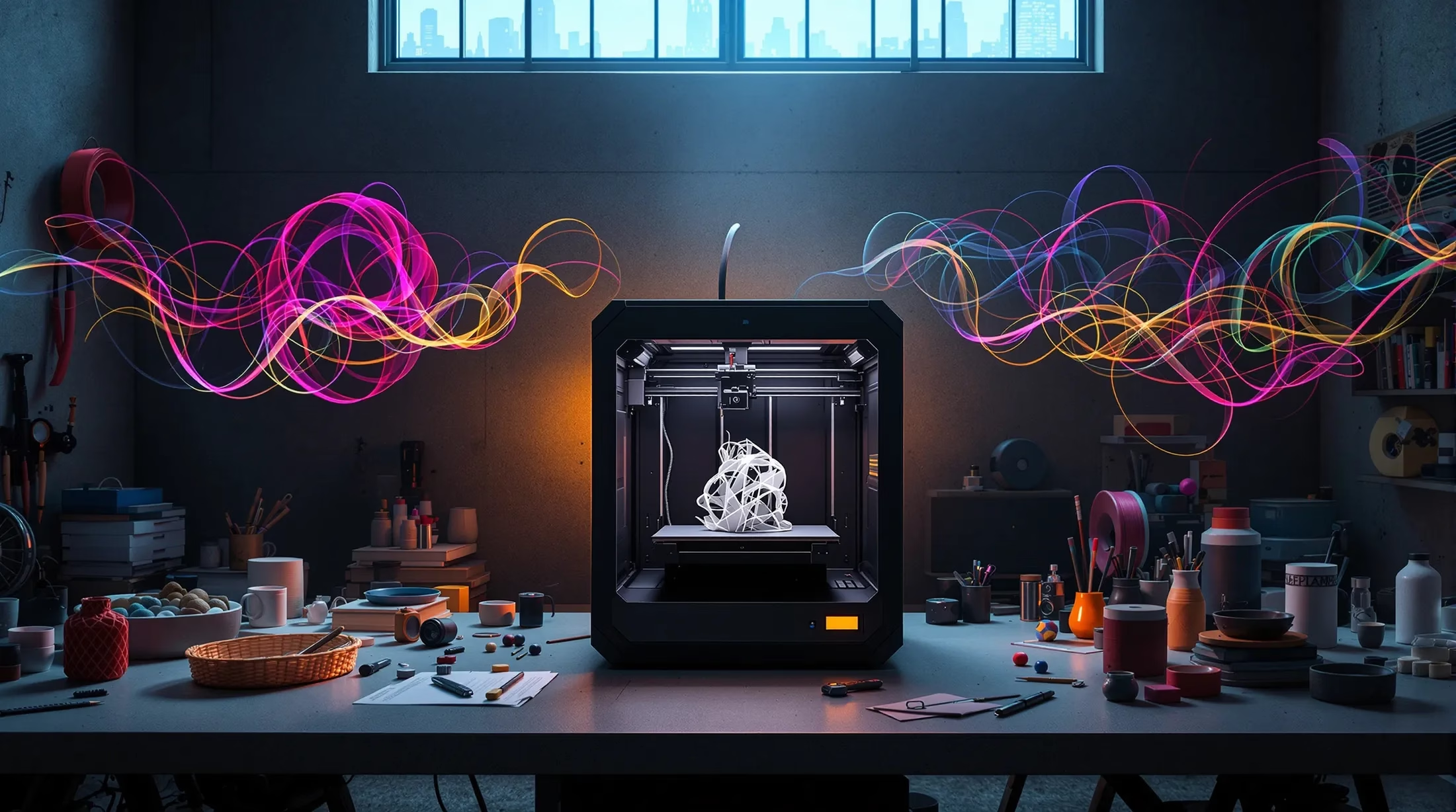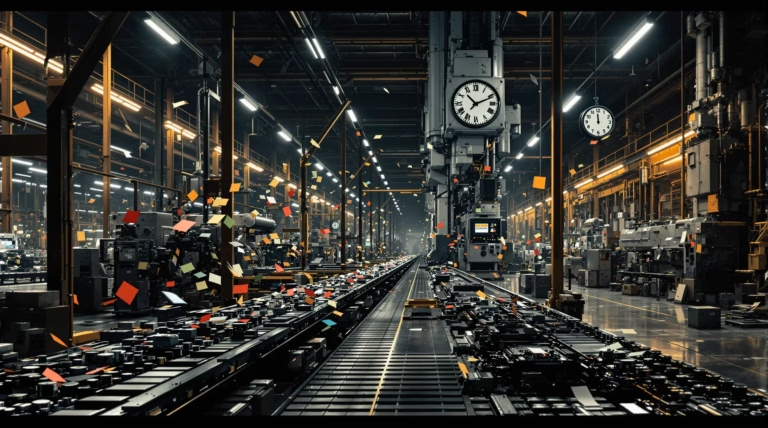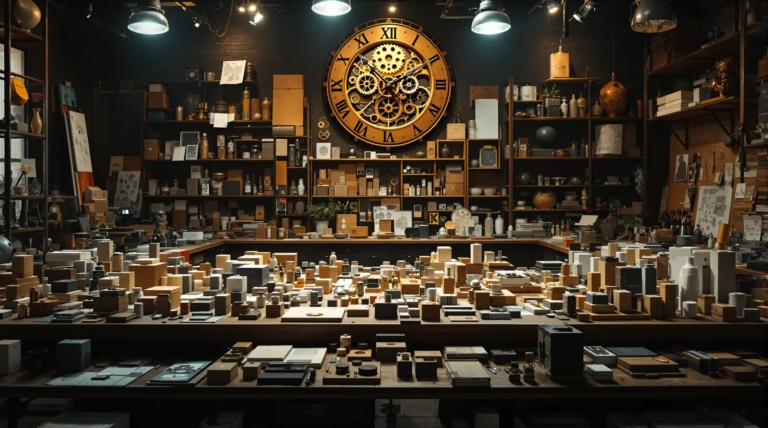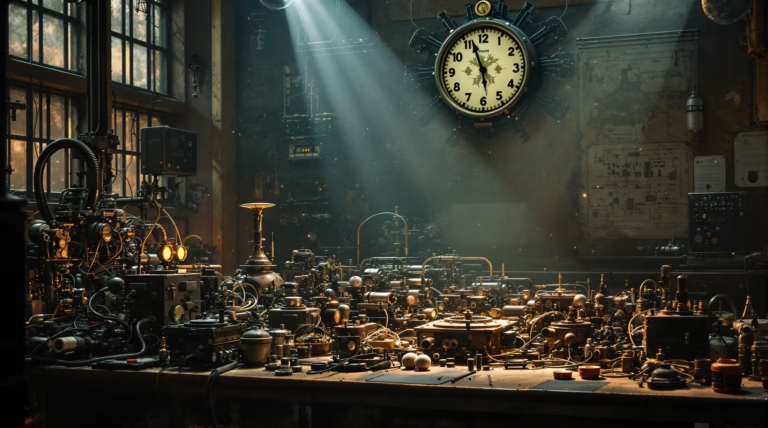Additive Manufacturing Technician: Career Overview and Opportunities
The field of additive manufacturing is revolutionizing production processes across industries, and Additive Manufacturing Technicians are at the forefront of this transformation. If you’re interested in combining technical expertise with cutting-edge technology, this career path offers exciting opportunities for growth and innovation.
What is an Additive Manufacturing Technician?
An Additive Manufacturing Technician specializes in operating and maintaining 3D printing equipment that builds objects layer by layer. Unlike traditional manufacturing methods that remove material, this innovative approach constructs objects from the ground up using digital designs.
These professionals transform digital concepts into physical products using various materials including:
- Plastics and polymers
- Metals and alloys
- Ceramics
- Composite materials
Role and Responsibilities
- Operating and maintaining 3D printing equipment
- Preparing digital files for printing and optimizing design parameters
- Monitoring print quality and performing quality control checks
- Managing material handling and preparation processes
- Conducting post-processing operations (support removal, sanding, polishing)
- Troubleshooting technical issues
- Collaborating with designers and engineers
- Maintaining documentation and quality assurance records
Skills Required for Additive Manufacturing Technicians
| Technical Skills | Soft Skills |
|---|---|
|
– CAD/CAM software proficiency – Knowledge of AM technologies (FDM, SLA, SLS, DMLS) – Materials science understanding – Equipment maintenance expertise – Computer operation skills |
– Analytical thinking – Problem-solving abilities – Attention to detail – Communication skills – Physical dexterity |
Educational Pathways for Additive Manufacturing Technicians
The field requires specialized education combining theoretical knowledge with practical experience. Educational options range from formal academic programs to industry-specific certifications, preparing professionals for this innovative sector.
Degrees and Certifications
- Academic Programs:
- Associate’s degrees in manufacturing technology
- Bachelor’s degrees in engineering
- Master’s programs with AM specialization
- Professional Certifications:
- Certified Additive Manufacturing Technician (CAMT)
- SME certification programs
- Technology-specific certifications
Training Programs and Workshops
Beyond formal education and certifications, specialized training programs and workshops provide practical, hands-on instruction in specific aspects of additive manufacturing. These educational opportunities include:
- Short-term courses focused on specific technologies or software
- Comprehensive boot camps covering complete AM workflows
- Manufacturer-specific product training
- Intensive hands-on workshops with expert supervision
- Cross-training opportunities for workforce development
Online learning platforms have expanded access to additive manufacturing education, offering flexible options from introductory to advanced technical training. The most effective educational approach combines multiple elements: formal education for foundational knowledge, certifications for credential validation, and ongoing specialized training to maintain cutting-edge skills.
Career Opportunities in Additive Manufacturing
The additive manufacturing sector offers diverse career paths with opportunities ranging from entry-level technician positions to specialized roles in research, development, and management. As industries increasingly adopt 3D printing technologies to streamline production and create complex geometries, the demand for qualified professionals continues to rise.
Career advancement often follows multiple trajectories, allowing professionals to specialize in high-demand areas such as metal 3D printing or medical device manufacturing. The cross-disciplinary nature of the field creates unique positions at the intersection of design, engineering, materials science, and production.
Job Market and Demand
| Market Growth | Employment Opportunities |
|---|---|
|
– 20%+ annual growth through 2028 – Thousands of new positions annually – Expanding global market presence |
– Direct manufacturing roles – Quality control positions – Process development – Customer support roles – Technical specialists |
Potential Employers and Industries
- Aerospace and Aviation:
- Boeing
- Airbus
- SpaceX
- Medical and Healthcare:
- Custom implant manufacturers
- Prosthetics companies
- Medical device producers
- Equipment Manufacturers:
- Stratasys
- EOS
- Desktop Metal
- Emerging Sectors:
- Architecture firms
- Fashion industry
- Jewelry design
- Food production
Future Trends in Additive Manufacturing
The additive manufacturing landscape continues to evolve rapidly, transitioning from primarily prototyping applications to mainstream production technology. Key trends shaping the industry include:
- Enhanced focus on sustainability and waste reduction
- Integration with traditional manufacturing methods
- Advanced material science developments
- Improved process automation and control
- Expanded applications across industries
These developments create dynamic career opportunities for technicians who can adapt to new technologies and tackle innovative challenges in the field.
Technological Advancements
The integration of multi-technology hybrid systems represents a significant leap in additive manufacturing capabilities. These advanced systems combine various printing techniques with traditional manufacturing processes, creating versatile production environments. Modern closed-loop control systems, equipped with real-time monitoring and feedback mechanisms, ensure unprecedented levels of precision and reliability in printing operations.
- Material Innovations:
- Advanced metal alloys with enhanced properties
- High-performance polymers for specialized applications
- Biocompatible materials for medical use
- Smart materials with responsive characteristics
- Software Developments:
- AI-assisted design optimization tools
- Automated workflow solutions
- Enhanced simulation capabilities
- Improved process control systems
Impact on the Manufacturing Industry
| Manufacturing Capability | Industry Impact |
|---|---|
| Complex Geometry Production | Enables creation of previously impossible designs and internal structures |
| Component Consolidation | Reduces assembly requirements and improves part reliability |
| On-Demand Manufacturing | Minimizes inventory costs and enables mass customization |
| Localized Production | Reshapes supply chains and reduces logistics costs |
With an impact factor of 10.3, the journal “Additive Manufacturing” reflects the growing significance of this technology in academic and professional spheres. The transformation extends beyond technical capabilities, reshaping business models and enabling unprecedented levels of production flexibility. Success in this evolving landscape requires manufacturers to strategically integrate additive technologies while developing workforce capabilities to maximize their potential.







